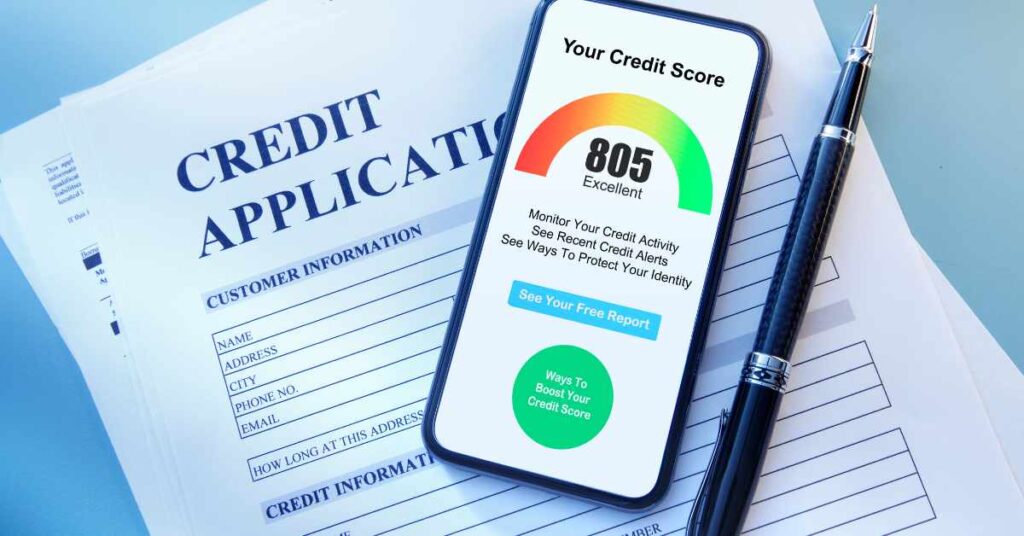Practical Ways to Improve Your Credit Score
In the complex landscape of personal finance, one three-digit number holds significant power — your credit score. A good credit score opens doors to favorable interest rates, loan approvals, and overall financial well-being. In this comprehensive guide, we’ll delve into the nuances of credit scores and explore actionable strategies to improve them.
Understanding Credit Scores:
Before we embark on the journey of improvement, let’s understand what a credit score is. Your credit score, a numerical representation of your creditworthiness, plays a crucial role in lenders’ decisions. The range typically spans from 300 to 850, with higher scores indicating better creditworthiness. The three major credit bureaus, Experian, Equifax, and TransUnion, compile information to calculate this score.
Factors Affecting Credit Scores:
Payment History:
The foundation of a good credit score lies in timely payments. Missing payments can have a lasting negative impact. Set up reminders or automatic payments to ensure bills are paid on time.
Credit Utilization:
A key factor is the ratio of your credit card balances to their limits. Aim for a low credit utilization ratio by paying down existing balances.
Length of Credit History:
The age of your credit accounts matters. While you can’t change the past, think twice before closing old accounts, as this can impact your credit history length.
Diversifying Credit Mix:
A diverse mix of credit types (credit cards, loans, mortgages) can positively influence your score. However, only take on new credit when necessary.
Handling New Credit Responsibly:
Opening several new accounts in a short period may raise red flags. Be cautious when applying for new credit, and only do so when needed.
Practical Tips for Improving Credit Score:

A. Timely Payments:
Consistency is key. Make it a habit to pay bills on time. Set up reminders or automate payments to avoid unintentional delays.
B. Credit Utilization:
Tackle high credit card balances strategically. Pay off high-interest debts first, and consider negotiating lower interest rates with creditors.
C. Length of Credit History:
While you can’t speed up time, you can make thoughtful decisions. Keep older accounts open, even if not in active use.
D. Diversifying Credit Mix:
Explore different types of credit, but do so judiciously. Only take on what you can responsibly manage.
E. Handling New Credit Responsibly:
Before applying for new credit, assess the necessity. Avoid opening multiple accounts within a short timeframe.
Monitoring and Reviewing Your Credit Report:
Regularly checking your credit report is crucial. Look for inaccuracies and dispute any discrepancies promptly. Keep an eye on your credit utilization and payment history.
Seeking Professional Help:
If managing your credit becomes overwhelming, consider credit counseling. A professional can provide guidance on creating a manageable repayment plan.
Long-Term Credit Score Maintenance:
Building and maintaining good credit is an ongoing process. Establish healthy financial habits, such as budgeting and saving, to ensure a secure financial future.
Conclusion: Practical Ways to Improve Your Credit Score
Your credit score is a reflection of your financial responsibility. By understanding the factors influencing it and implementing practical strategies, you can take control of your creditworthiness. Small, consistent efforts today can lead to significant improvements tomorrow.
